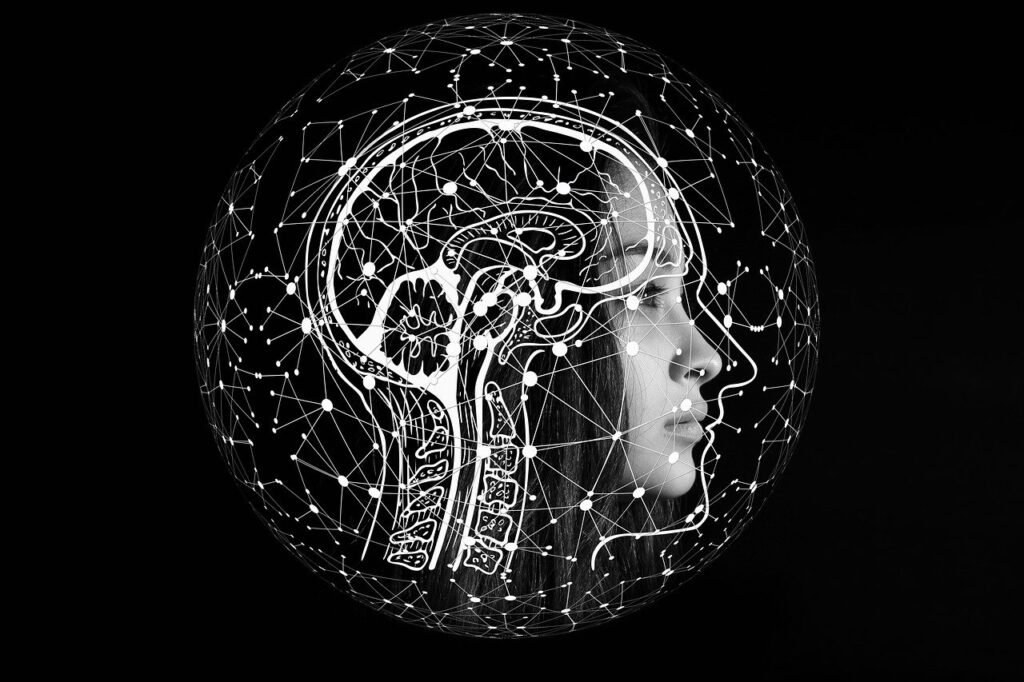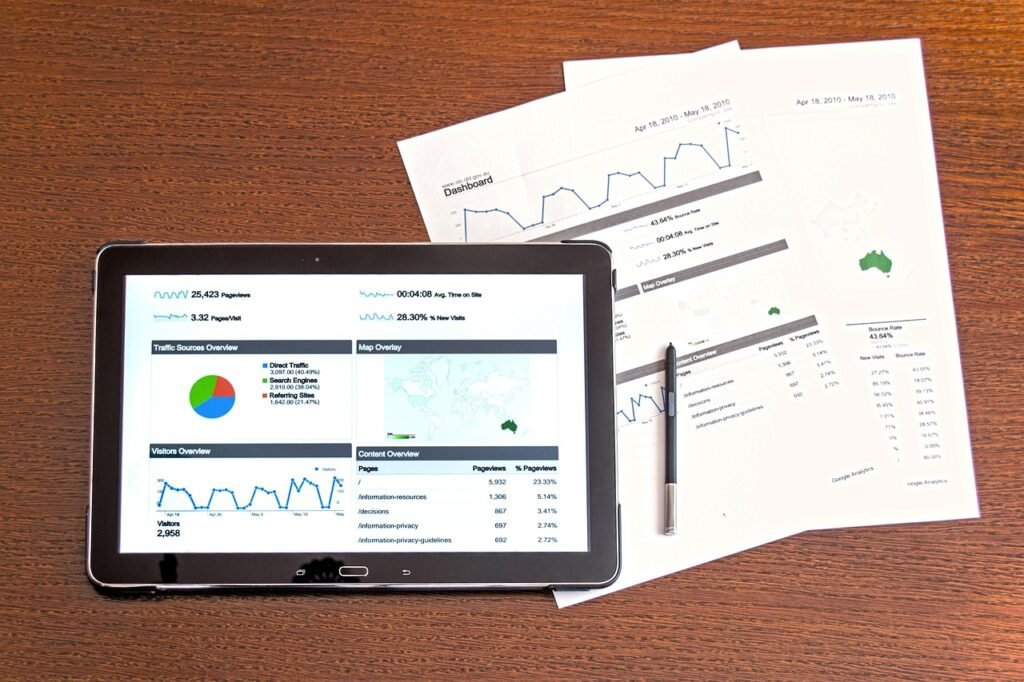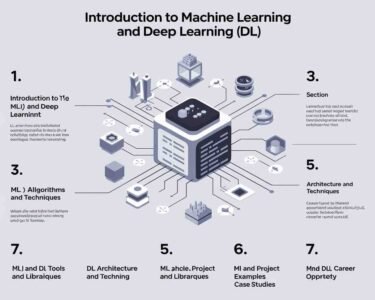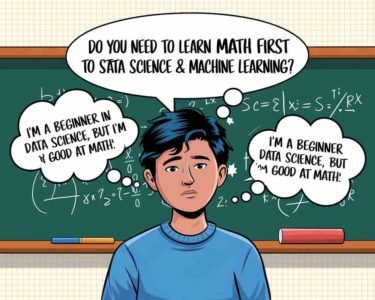Data Science
Data Science is an interdisciplinary field that uses scientific methods, processes, algorithms, and systems to extract knowledge and insights from structured and unstructured data. It combines elements from statistics, computer science, and domain-specific knowledge to analyze complex data sets.
Key Components:
- Data Collection: Gathering data from various sources such as databases, web scraping, sensors, and more.
- Data Cleaning: Ensuring the data is accurate, consistent, and usable by handling missing values, duplicates, and errors.
- Data Analysis: Using statistical techniques to explore and summarize the data.
- Machine Learning: Developing algorithms that can learn from data and make predictions or decisions without being explicitly programmed.
- Data Visualization: Creating visual representations of data to communicate findings effectively.
- Big Data Technologies: Utilizing tools and platforms (like Hadoop, Spark) to handle and process large volumes of data.
Skills Required:

- Proficiency in programming languages (Python, R)
- Knowledge of machine learning algorithms
- Statistical analysis
- Data manipulation and wrangling
- Data visualization tools (Tableau, Matplotlib)
Data Analytics
Data Analytics focuses on examining data sets to draw conclusions about the information they contain. It primarily involves applying statistical analysis and other techniques to specific sets of data to answer questions, solve problems, and make data-driven decisions.
Key Components:
- Descriptive Analytics: Summarizing historical data to understand what has happened in the past.
- Diagnostic Analytics: Analyzing data to understand the causes of past events.
- Predictive Analytics: Using data, statistical algorithms, and machine learning techniques to identify the likelihood of future outcomes.
- Prescriptive Analytics: Recommending actions based on data to influence future outcomes.
Skills Required:

- Strong statistical skills
- Data querying (SQL)
- Proficiency in Excel and other analytical tools
- Data visualization
- Business acumen
Comparing Data Science vs. Data Analytics
Scope:
- Data Science: Broad and interdisciplinary, involving the complete process of data handling, including data collection, cleaning, analysis, machine learning, and visualization.
- Data Analytics: More focused on analyzing data to derive actionable insights, often using predefined questions and specific analysis techniques.
Objective:
- Data Science: Aims to build and implement models to predict future trends and discover patterns in data.
- Data Analytics: Seeks to answer specific business questions, provide insights, and support decision-making processes.
Approach:
- Data Science: Involves a combination of programming, machine learning, and statistical skills to create sophisticated models.
- Data Analytics: Primarily relies on statistical analysis, data querying, and visualization to interpret data and provide actionable insights.
Tools and Techniques:
- Data Science: Uses programming languages like Python and R, machine learning libraries (TensorFlow, Scikit-Learn), big data technologies (Hadoop, Spark), and advanced statistical methods.
- Data Analytics: Employs tools like SQL, Excel, data visualization software (Tableau, Power BI), and basic statistical methods.
Outcome:
- Data Science: Produces predictive models, machine learning algorithms, and deeper insights into data patterns.
- Data Analytics: Provides reports, dashboards, and specific recommendations based on historical data analysis.
Data Science and Data Analytics both play crucial roles in the modern data-driven world, but they serve different purposes and require different skill sets. Data Science is broader and involves creating models and algorithms to predict future trends and uncover hidden patterns. In contrast, Data Analytics focuses on examining data to provide actionable insights and support decision-making processes. Understanding the distinctions between these fields can help organizations leverage data more effectively and drive better business outcomes.

sazit suvo
Designer



